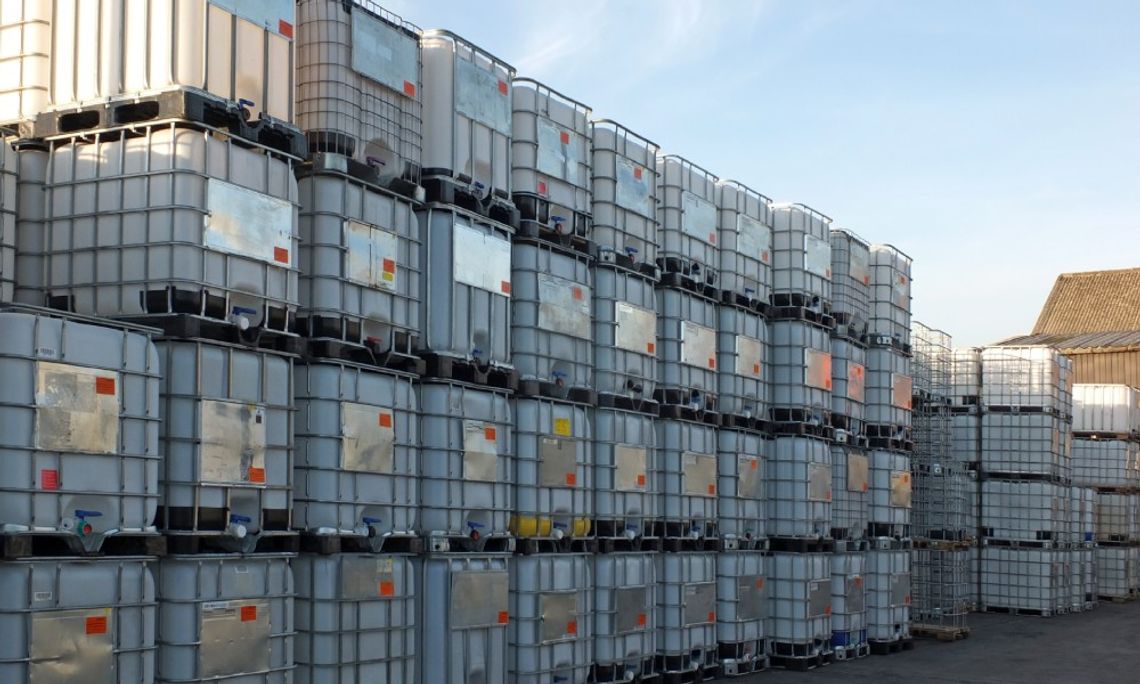Intermediate bulk containers (IBCs) are essential for many industries, providing a versatile and efficient solution for storing and transporting bulk materials. Whether you are new to IBCs or looking to optimize their use, here are four key things you need to know about intermediate bulk containers.
Versatility and Applications
IBCs are incredibly versatile, making them suitable for a wide range of applications across many industries. They are common for storing and transporting liquids, powders, and granulated substances. The pharmaceutical, food and beverage, chemical, and agriculture industries rely on IBCs for their efficiency and safety. Understanding the needs of your industry will help you choose the right IBC type, whether it’s a standard model or one designed for specific materials or conditions.
Material and Construction
The construction and material of IBCs are crucial for their effectiveness and longevity. Most IBCs are made from high-density polyethylene (HDPE) or stainless steel, depending on the material they contain. HDPE IBCs are useful for storing chemicals and liquids, while stainless steel IBCs are ideal for food-grade products and corrosive substances. Knowing the differences in materials will help you select an IBC that meets your storage and transportation requirements while complying with industry standards.
Safety and Compliance
Safety is a top priority when using IBCs, especially when handling hazardous materials. Ensure that your IBCs meet all regulatory requirements and standards, such as those set by the UN, DOT, and EPA. Regular inspections and maintenance are essential to keep the containers in good condition and prevent leaks or contamination. Labeling and documentation greatly contribute to safety and compliance during transportation and storage.
Choosing the Right Supplier
Selecting the right IBC supplier can make a significant difference in the quality and reliability of your containers. When choosing a supplier, consider their reputation, experience, and range of products. Also, ask various questions to an IBC supplier to ensure they meet your needs. Inquire about their quality control processes, warranty options, and customization services. A reliable supplier should provide comprehensive support and guidance to help you select the best IBCs for your business.
Now that you know more about intermediate bulk containers, you can make informed decisions, optimize your storage and transportation processes, and guarantee efficiency and safety in your operations.


Comment
Comments